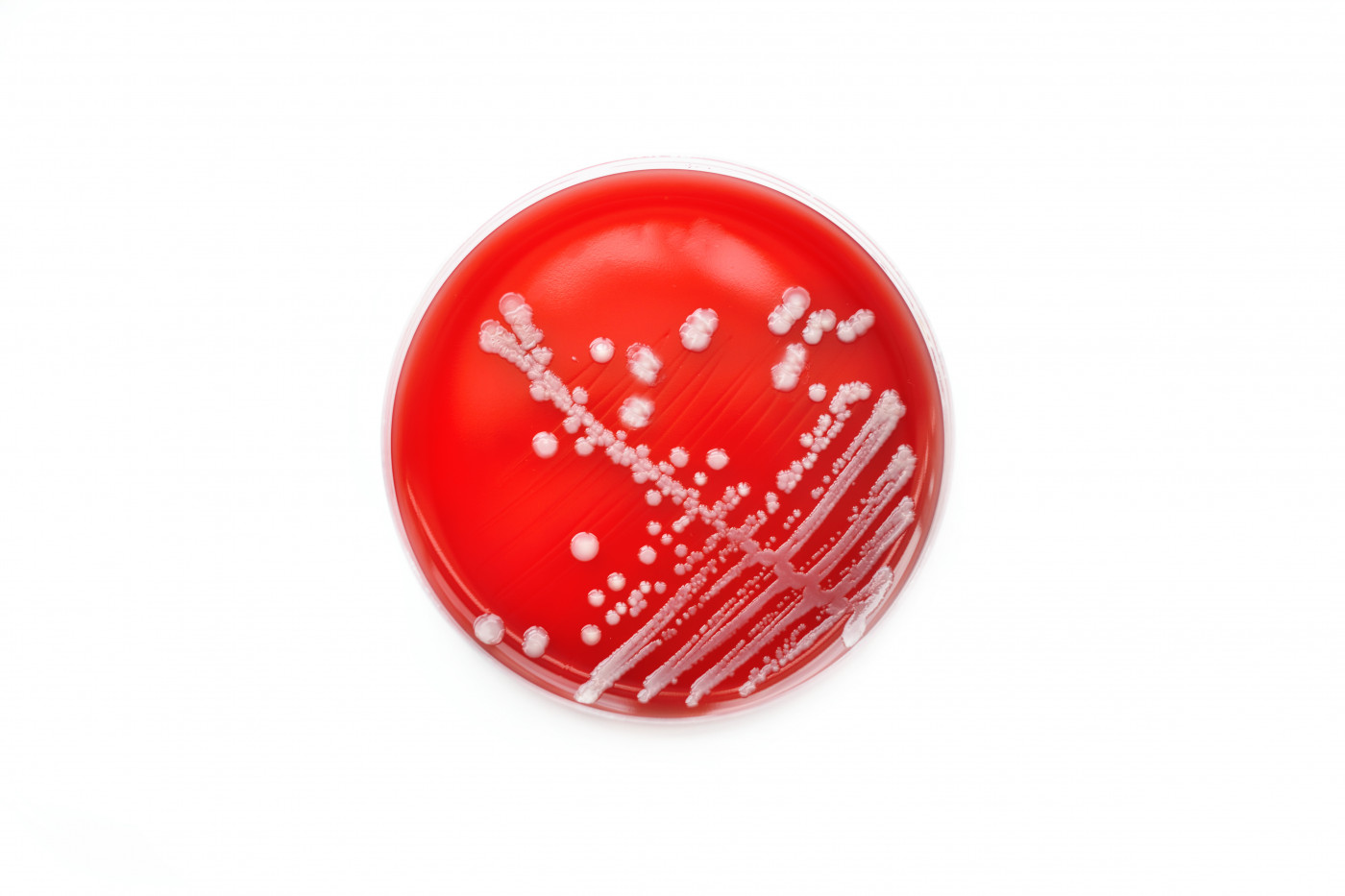Staphylococcus Genes May Play Role in AAV Onset and Progression, Dutch Study Finds
Written by |

Dutch scientists have identified different genes in Staphylococcus aureus — a kind of bacteria carried in the nostrils — in either patients with PR3-ANCA vasculitis or with MPO-ANCA-positive vasculitis.
The results suggest that the genes they found are relevant in causing and prolonging the disease.
The study, “Genetic loci of Staphylococcus aureus associated with anti-neutrophil cytoplasmic autoantibody (ANCA)-associated vasculitides,” appeared in the journal Scientific Reports.
ANCA-associated vasculitis (AAV) is a group of diseases in which antibodies that target substances known as neutrophils are produced inside white blood cells, thereby damaging blood vessels. Depending on the substance inside the neutrophils the antibodies target, AAVs are divided into several categories. The two most common targets are the proteins myeloperoxidase (MPO) and proteinase 3 (PR3).
PR3-ANCA vasculitis occurs mostly in patients of Northern European origin. It usually causes granulomatosis (GPA) and inflammation of small- and medium-size blood vessels in many organs. In severe cases, it can seriously damage lungs and kidneys.
MPO-ANCA AAV mainly inflames small blood vessels and commonly causes glomerulonephritis, a kidney disease. MPO-ANCAs occur mostly in Asia and Australia.
Experts say 60 to 70 percent of PR3-GPA patients carry S. aureus in their noses, compared to 20 to 30 percent of healthy individuals.
A research team at University Medical Center Groningen in the Netherlands isolated S. aureus bacteria from patients with ANCA-associated vasculitis, and cultured each type found.
They analyzed all the genes from each isolate, or individual strain of bacteria from a single source, of S. Aureus. Some genes in the bacteria isolated from PR3-ANCA GPA patients were not the same as those from MPO-ANCA+ AAV, or as those of the S. aureus isolated from healthy controls, they found.
In addition, the researchers found lower levels of antibodies that target S. aureus in the patients with ANCA vasculitis they studied, compared to the general population.
“More importantly, several genetic loci of S. aureus were found to be associated with either PR3-ANCA or MPO-ANCA-AAV,“ the team wrote. “Our findings also show that a lowered humoral immune response to S. aureus is common for PR3-ANCA- and MPO-ANCA+ AAV.”
Their study suggests that the presence of particular genes in S. aureus bacteria found in MPO-ANCA and PR3-ANCA patients may be relevant for disease onset and progression.
“Altogether, our observations imply that the presence or absence of particular virulence genes of S. aureus isolates from AAV patients contributes to disease progression and/or relapse,” they concluded.





